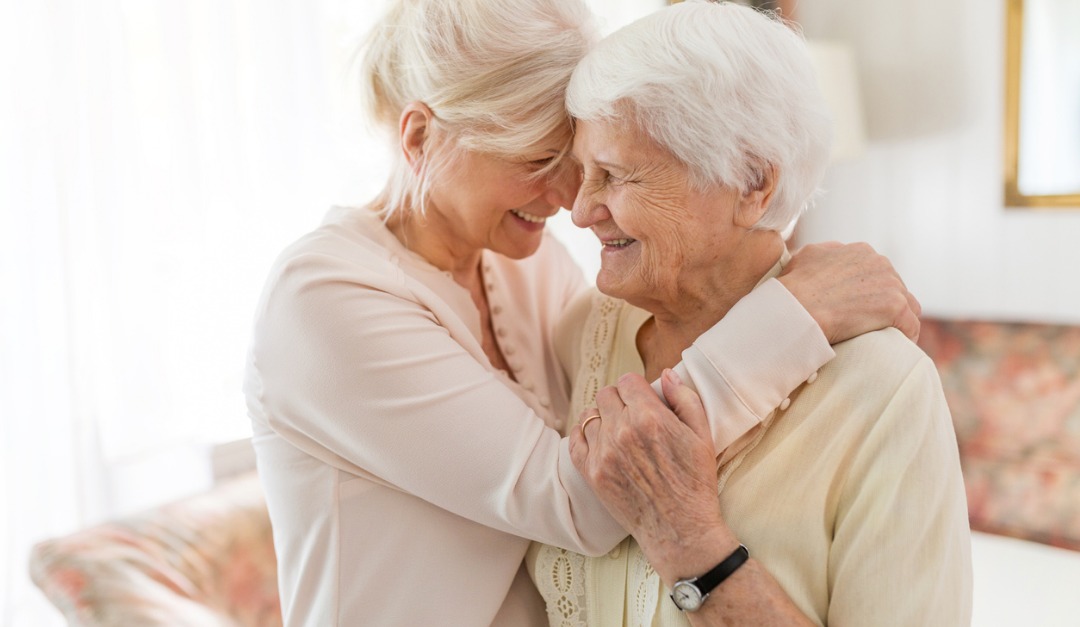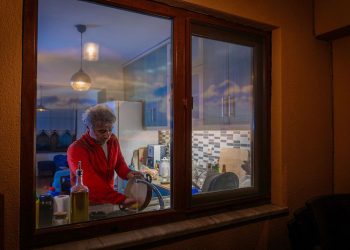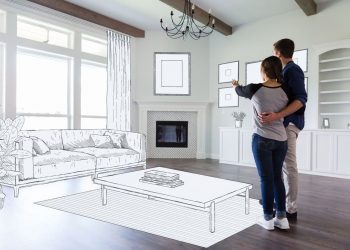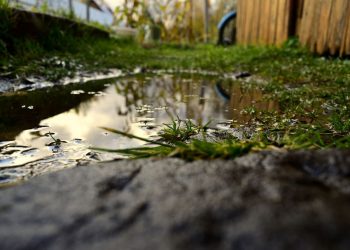Many seniors would rather stay at home than move into an assisted living facility or nursing home, and family members often want their loved ones to be able to age in place. You might have to make some changes to an elderly relative’s home to make it safer.
The best way to start is to consult an occupational or physical therapist or geriatric care manager. A professional can spot anything in the house that might be unsafe and will probably identify several hazards you might’ve missed.
Make Changes to Prevent Falls
Falls are a leading cause of injuries and death among seniors, especially those who live alone. There are several simple strategies that can make the home safer.
Accidents often occur when a person climbs on a chair or stool to reach something. Put commonly used items in places where they’ll be easy to reach.
Install grab bars next to the toilet and non-slip strips or a seat in the shower. Make sure there’s a rubber-backed mat outside the shower.
Remove or tack down area rugs, and replace rugs that are curled or frayed at the edges. Get rid of unnecessary furniture and clutter so there’ll be enough space to move around easily.
Install handrails if the stairs don’t have them. If the house already has handrails, make sure they are secure. A stair lift can be helpful if your family member finds navigating stairs particularly difficult.
Many falls occur because a person can’t see an object and trips over it. Buy more lights and use brighter bulbs. Make lights easier to turn on by installing switches that are easy to reach, and consider installing motion-activated lights or setting timers.
If your family member uses a wheelchair or walker, you might need to make some adjustments to the house. Widening doors and installing ramps can make it easier to get around safely.
If your loved one falls, the sooner help gets there, the better. Remove locks from interior doors to prevent delays in care should an accident occur.
Make the Kitchen Safer
Many fires start when a stove is left unattended or someone forgets to turn it off after cooking. Install devices on the stove and oven to turn them off automatically if they’re not being used. Make sure smoke detectors are located near the kitchen and bedroom, and change the batteries in smoke and carbon monoxide detectors as recommended.
Have the water heater checked to make sure it’s working properly. Consider adjusting the temperature to prevent accidental scalding in the kitchen or bathroom.
Help Your Loved One Stay Safe at Home
Many seniors are reluctant to leave the home where they feel comfortable and the community they know. If your elderly loved one doesn’t need round-the-clock professional care, aging in place may be the best solution. Making some simple changes can help your family member stay safe.











